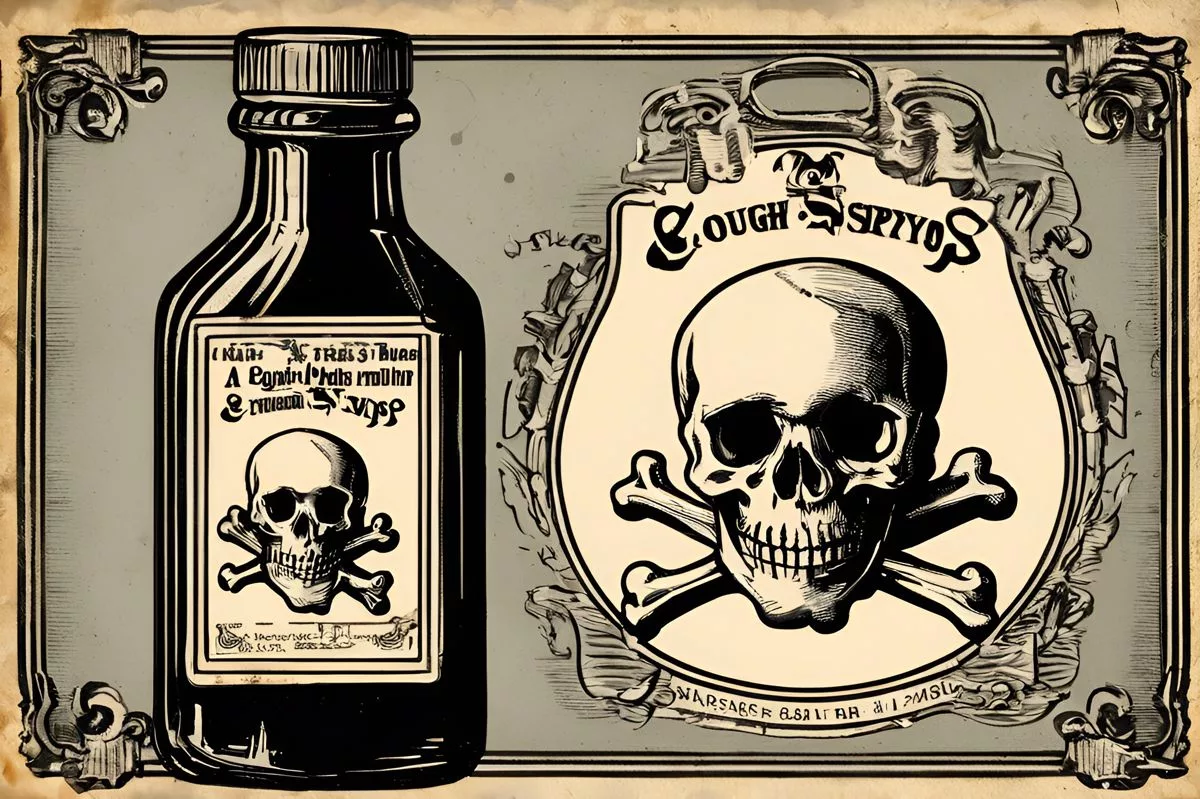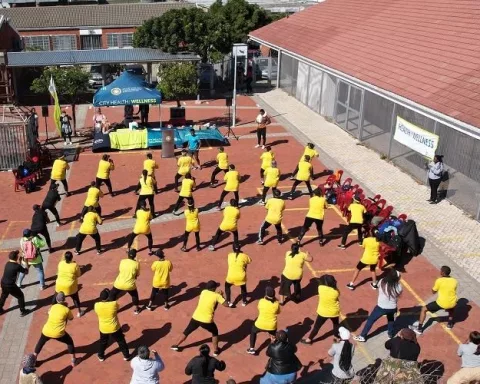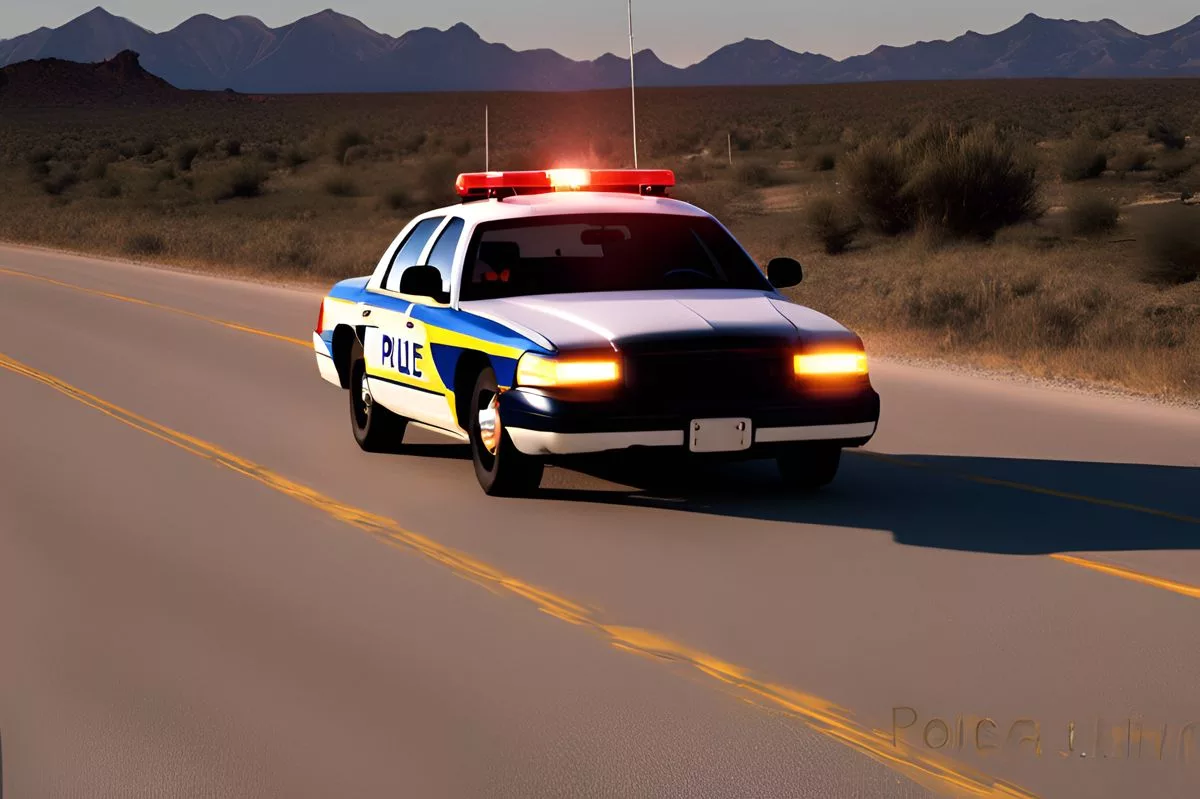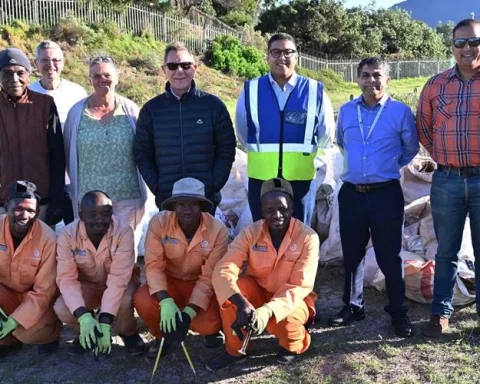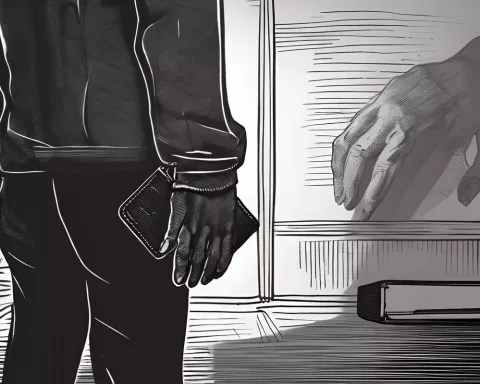Johnson & Johnson’s children’s cough syrup has been recalled in several African countries due to the presence of toxic diethylene glycol. The recall was triggered after Nigeria’s health watchdog found the compound in a batch of Benylin Paediatric Syrup. Excessive diethylene glycol levels have been correlated with the deaths of numerous children in other countries, highlighting the importance of quality control and prompt action in the pharmaceutical industry. People who have used the faulty batches or observed adverse reactions in children are strongly advised to seek immediate medical help and report the occurrences to aid health authorities in containing the situation.
What is the recall of Johnson & Johnson’s children’s cough syrup in Africa?
Johnson & Johnson’s children’s cough syrup has been recalled in several African countries due to the presence of toxic diethylene glycol. The recall was triggered after Nigeria’s health watchdog found the compound in a batch of Benylin Paediatric Syrup. The cough syrup has since been taken over by Kenvue, which has reassured the public that a review of its global safety database did not reveal any severe adverse events linked to the product. Excessive diethylene glycol levels have been correlated with the deaths of numerous children in other countries.
The South African Health Products Regulatory Authority (SAHPRA) recently issued a worrying announcement, the recall of particular batches of Johnson & Johnson’s children’s cough syrup. This dramatic action was triggered by the discovery of alarming levels of diethylene glycol, a toxic compound, in the product. This recall has not only affected South Africa but has also resonated across the African continent, impacting countries such as Eswatini, Rwanda, Kenya, Tanzania, and Nigeria.
Nigeria’s First Detection and South Africa’s Follow-up Action
The situation first came to light in Nigeria when the country’s health watchdog, the Nigerian National Agency for Food and Drug Administration and Control (NAFDAC), initially found the dangerous diethylene glycol in a batch of Benylin Paediatric Syrup. This alarming discovery drove SAHPRA to scrutinize their inventory of the syrup. The recall in South Africa has mirrored previous actions taken by other African countries, notably Kenya and Nigeria.
The children’s cough syrup, widely used to alleviate hay fever and other allergies impacting the upper respiratory tract, has since been taken over by Kenvue post its bifurcation from J&J in 2020. In the wake of the recall, Kenvue has proclaimed it would execute its independent evaluation while cooperating with health authorities to lay out the subsequent course of action. Kenvue has reassured the public by stating that a review of their global safety database, ranging from the product launch in May 2021 until 11 April 2024, did not unearth any severe adverse events linked to any batch of Benylin Paediatric Syrup.
The Grave Consequences and the Importance of Awareness
Regrettably, the existence of excessive diethylene glycol levels in the cough syrup has been correlated with the untimely death of numerous children in Gambia, Uzbekistan, and Cameroon since 2022. This unfortunate incident stands as one of the most severe instances of poisoning from oral drugs worldwide.
The public must be cognizant that diethylene glycol is not a harmless substance. When consumed, it presents deadly toxicity to humans, potentially even resulting in death. Symptoms of its toxicity encompass abdominal distress, vomiting, diarrhea, anuria, headaches, cognitive impairment, acute renal damage, and it could ultimately result in fatality.
Steps Forward and the Importance of Quality Control
In view of these circumstances, people who have used these faulty batches or observed adverse reactions in children are strongly advised to seek immediate medical help. It is also recommended that such occurrences be reported using the Med Safety App or via email. This proactive measure will serve to aid health authorities in containing the situation and preventing more damaging outcomes.
While this situation is undeniably alarming, it stands as a stark reminder of the vital need for rigorous quality control and comprehensive supervision in the pharmaceutical sector. Even more crucially, it highlights the necessity for prompt action and transparent dialogue when problems come to light. As this predicament continues to unfold, the maneuvers of Kenvue, SAHPRA, and other health regulators will be keenly monitored as they negotiate this crisis while ensuring the safeguarding of public health and well-being.
1. Why has Johnson & Johnson’s children’s cough syrup been recalled in several African countries?
The cough syrup has been recalled due to the presence of toxic diethylene glycol in a batch of Benylin Paediatric Syrup. Nigeria’s health watchdog found the compound, and excessive diethylene glycol levels have been correlated with the deaths of numerous children in other countries.
2. What is diethylene glycol, and why is it dangerous?
Diethylene glycol is a toxic compound that presents deadly toxicity to humans when consumed, potentially even resulting in death. Symptoms of its toxicity encompass abdominal distress, vomiting, diarrhea, anuria, headaches, cognitive impairment, acute renal damage, and it could ultimately result in fatality.
3. What should people do if they have used the faulty batches or observed adverse reactions in children?
People who have used these faulty batches or observed adverse reactions in children are strongly advised to seek immediate medical help. It is also recommended that such occurrences be reported using the Med Safety App or via email.
4. Have other countries recalled Johnson & Johnson’s children’s cough syrup?
Yes, the recall has impacted countries such as Eswatini, Rwanda, Kenya, Tanzania, and Nigeria. The recall in South Africa has mirrored previous actions taken by other African countries, notably Kenya and Nigeria.
5. Has Johnson & Johnson still been producing the children’s cough syrup?
No, the children’s cough syrup has since been taken over by Kenvue, which has reassured the public that a review of its global safety database did not reveal any severe adverse events linked to the product.
6. What does this situation highlight about the pharmaceutical sector?
This situation highlights the vital need for rigorous quality control and comprehensive supervision in the pharmaceutical sector. It also highlights the necessity for prompt action and transparent dialogue when problems come to light, ensuring the safeguarding of public health and well-being.

